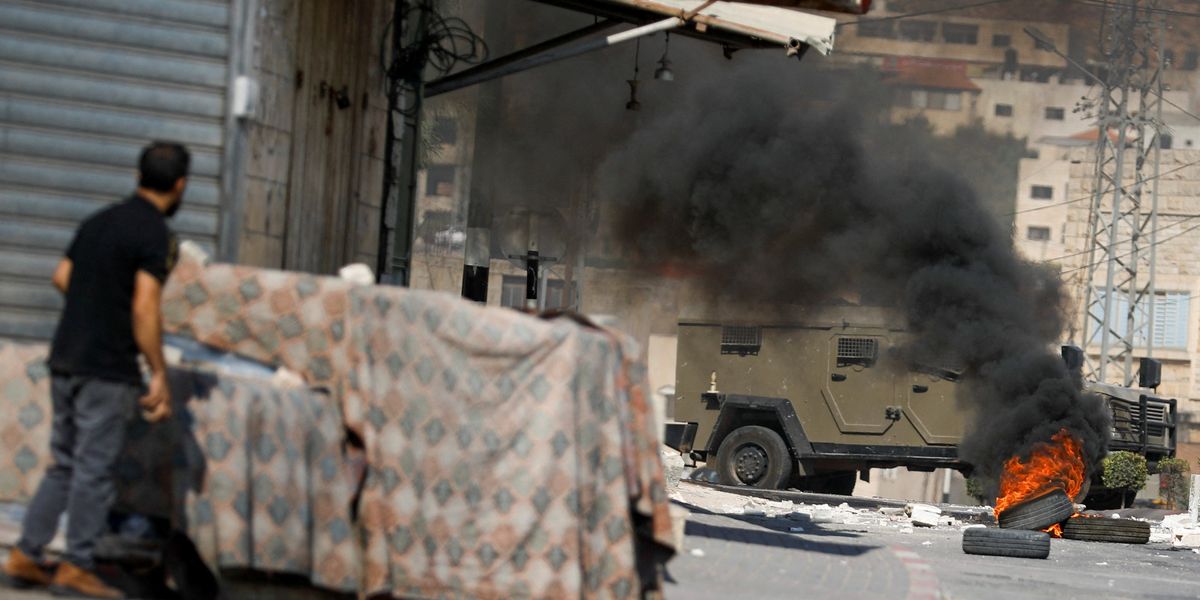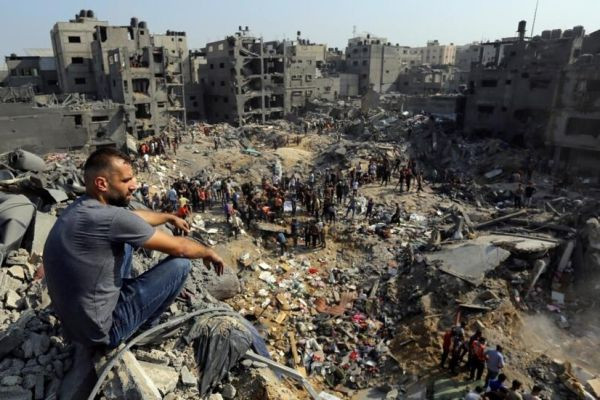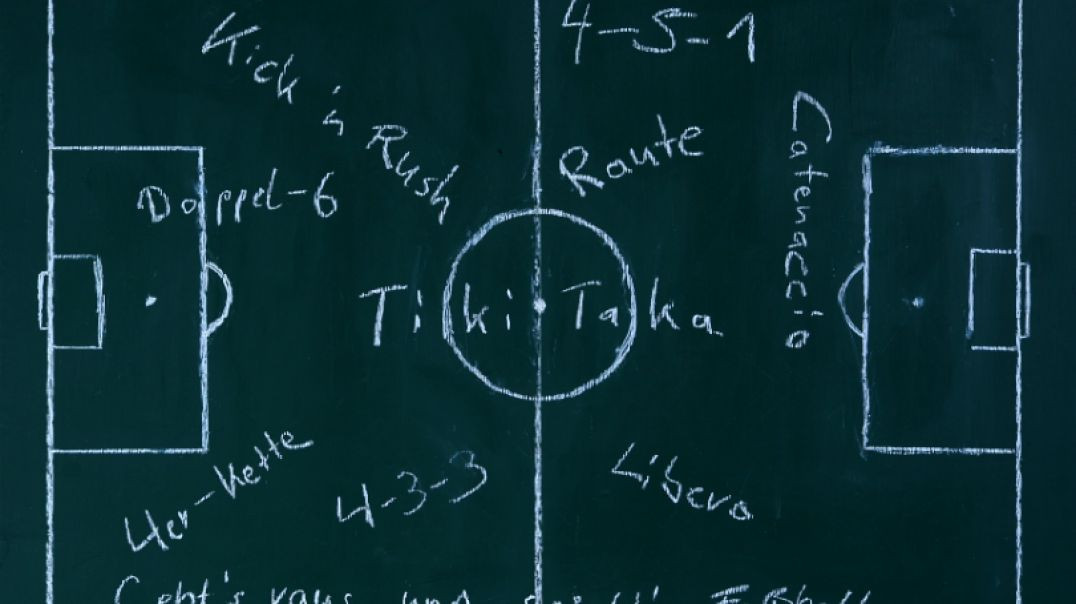As the war in Gaza intensifies, the West Bank—a region already fraught with tension and violence—has seen a sharp escalation in hostilities. Long regarded as a powder keg of conflict between Israelis and Palestinians, the West Bank is now experiencing its own surge in violence, in parallel with the Gaza war. This flare-up of violence has profound implications for the broader Israeli-Palestinian conflict, heightening fears of a larger regional crisis.
The violence in the West Bank and the war in Gaza are intertwined, as tensions on both fronts exacerbate the volatile situation. Israeli military actions, Palestinian resistance, and settler violence in the West Bank have created a dangerous mix, further destabilizing an already fragile environment. As the West Bank becomes increasingly engulfed in violence, both local and international observers are raising alarms about the growing humanitarian and political consequences of this conflict.
The West Bank: A Region on Edge
The West Bank, a territory captured by Israel during the 1967 Six-Day War, has long been at the heart of the Israeli-Palestinian conflict. While the Palestinian Authority (PA) governs parts of the West Bank, Israel maintains control over much of the region, particularly the areas where Israeli settlements have been established. These settlements, which are considered illegal under international law, have been a significant source of tension between Palestinians and Israelis.
In recent months, violence in the West Bank has surged, particularly in Palestinian cities and refugee camps. Armed confrontations between Israeli forces and Palestinian militants have escalated, leading to frequent raids and operations by the Israeli military. The Palestinian territories, especially areas like Nablus, Jenin, and Hebron, have witnessed increasing numbers of casualties as Israeli forces carry out raids to arrest suspected militants. These operations often result in deadly confrontations, further inflaming tensions between the two sides.
In addition to Israeli military operations, settler violence against Palestinians has also intensified. Armed Israeli settlers have been accused of attacking Palestinian villages, burning homes, and damaging property, often with little intervention from Israeli authorities. The violence between settlers and Palestinians in the West Bank has deepened the divide between the two communities, contributing to a cycle of retaliation and escalating tensions.
The Impact of the Gaza War on the West Bank
The ongoing war in Gaza has exacerbated the already precarious situation in the West Bank. The Israeli military’s bombardment of Gaza, which has caused widespread destruction and significant civilian casualties, has ignited a wave of protests and clashes across the West Bank. Many Palestinians in the West Bank view the war in Gaza as part of the broader struggle against Israeli occupation and aggression, leading to widespread anger and resentment.
In response to the situation in Gaza, thousands of Palestinians in the West Bank have taken to the streets in solidarity with their counterparts in the coastal enclave. These protests have often turned violent, with demonstrators clashing with Israeli security forces. Israeli forces have used tear gas, rubber bullets, and live ammunition to disperse protesters, leading to a growing number of casualties among Palestinian civilians.
The Gaza war has also heightened fears among Palestinians in the West Bank that they could face a similar military campaign. The Israeli government has made it clear that its operations in Gaza are aimed at dismantling Hamas and other militant groups, but many Palestinians in the West Bank fear that they too could become targets of Israeli military action. This sense of insecurity has added to the already tense atmosphere, with many Palestinians preparing for the possibility of further violence.

Settler Violence and Rising Tensions
One of the most concerning developments in the West Bank has been the sharp increase in violence by Israeli settlers. Armed settlers have launched attacks on Palestinian communities, often with impunity. Reports of settler violence include attacks on Palestinian homes, mosques, and agricultural lands, leading to the displacement of Palestinian families and the destruction of livelihoods. These incidents have been widely condemned by Palestinian and international human rights organizations, which accuse the Israeli government of failing to prevent or punish settler violence.
The Israeli government’s expansion of settlements in the West Bank has also contributed to the escalating violence. Settlement construction, which has accelerated under successive Israeli governments, is seen by Palestinians as a direct threat to their hopes for an independent state. The growth of settlements has led to more confrontations between settlers and Palestinians, as settlers encroach on Palestinian land and resources.
The settler violence has fueled Palestinian anger and frustration, leading to retaliatory attacks by Palestinian militants. This cycle of violence has created a dangerous feedback loop, with both sides engaging in increasingly violent confrontations. Israeli forces have responded to the violence with more military operations, further inflaming tensions and deepening the conflict.
Palestinian Authority's Struggle to Maintain Control
As violence escalates in the West Bank, the Palestinian Authority (PA) is facing significant challenges in maintaining control and order. The PA, led by President Mahmoud Abbas, has long been criticized for its inability to effectively address the needs and aspirations of the Palestinian people. Many Palestinians view the PA as weak and ineffective, particularly in the face of Israeli military actions and settler violence.
The PA’s security forces have been struggling to contain the violence, often finding themselves caught between the Israeli military and Palestinian militants. In some cases, PA security forces have clashed with Palestinian protesters, further eroding their credibility and legitimacy in the eyes of many Palestinians. The PA’s cooperation with Israeli security forces, which is seen as necessary for maintaining stability, has also been a source of contention, with many Palestinians accusing the PA of being complicit in the Israeli occupation.
The growing violence has placed the PA in an increasingly precarious position. As the situation in the West Bank deteriorates, there are growing concerns that the PA could lose its grip on power, leading to further chaos and instability in the region. The PA’s inability to protect Palestinians from Israeli military actions and settler violence has led to growing disillusionment, particularly among younger Palestinians, who are increasingly turning to militant groups for protection and leadership.
International Response and Diplomatic Efforts
The international community has expressed deep concern over the escalating violence in both the West Bank and Gaza. The United Nations, the European Union, and various human rights organizations have called for an immediate ceasefire and a halt to all military operations. There have also been calls for Israel to halt settlement expansion and to hold settlers accountable for acts of violence against Palestinians.
Despite these calls, there has been little progress toward a resolution of the conflict. The Israeli government has continued its military operations in Gaza, and the violence in the West Bank shows no signs of abating. Diplomatic efforts to broker a ceasefire have been complicated by the deep divisions between the Israeli government and Palestinian leadership, as well as the broader geopolitical dynamics of the region.
The United States, a key ally of Israel, has also faced criticism for its handling of the situation. While the U.S. government has expressed concern over the humanitarian impact of the Gaza war, it has largely supported Israel’s right to defend itself against Hamas. This stance has led to frustration among Palestinians and their supporters, who feel that the U.S. is not doing enough to address the root causes of the conflict.
A Deepening Crisis
As violence in the West Bank continues to escalate in parallel with the war in Gaza, the prospects for peace and stability in the region appear increasingly bleak. The growing violence has not only deepened the divide between Israelis and Palestinians but has also highlighted the failures of the international community to address the root causes of the conflict.
Without a concerted effort to de-escalate the situation and address the underlying issues of occupation, settlement expansion, and systemic violence, the West Bank and Gaza will likely continue to be engulfed in conflict. The rising tensions and violence in both regions underscore the urgent need for a renewed push for peace and a resolution to the long-standing Israeli-Palestinian conflict.



